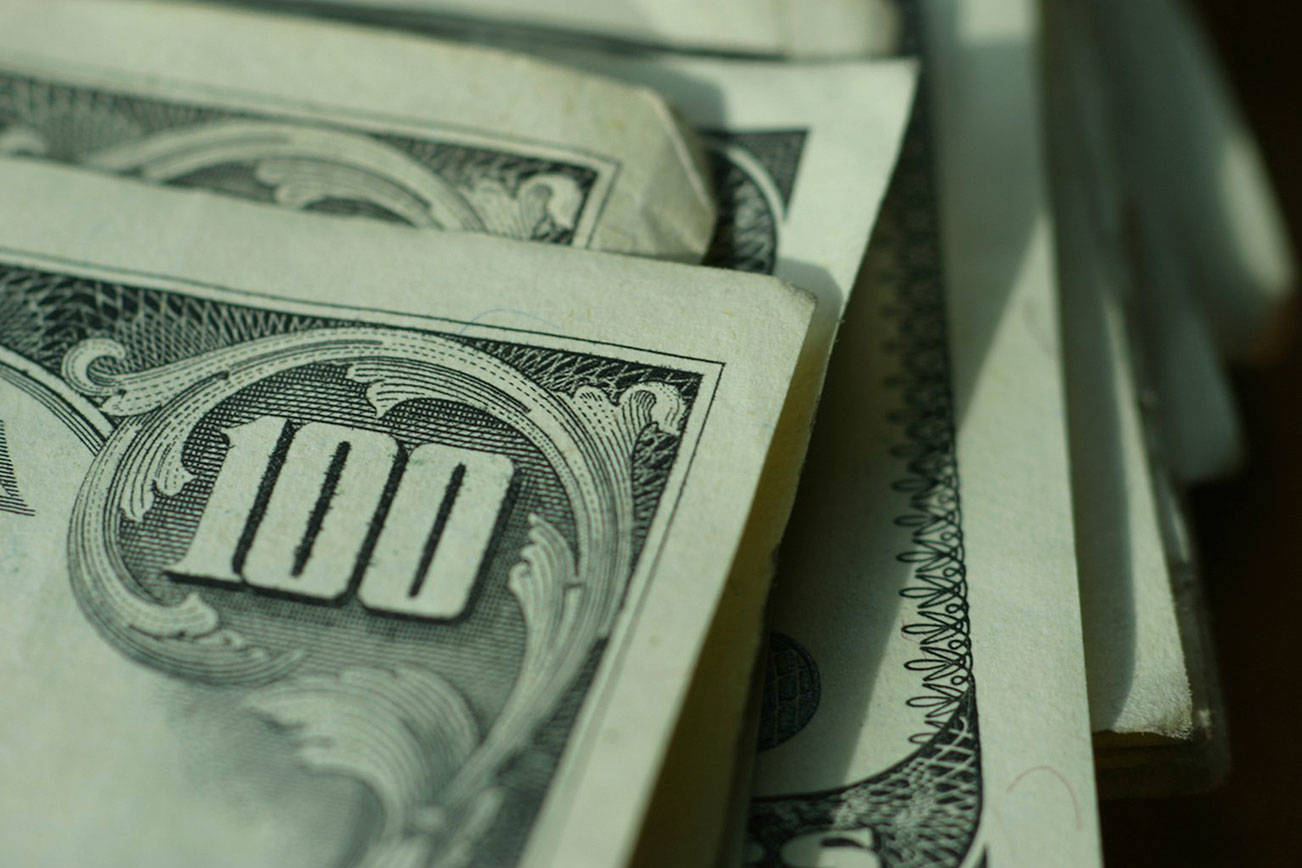The latest revenue forecast for the state is presenting Democratic budget writers in the House and Senate with a new challenge.
Too much money.
Washington’s robust economy is expected to generate $606 million more for the current budget, according to state economist Steve Lerch.
And when that amount is added to projected revenue increases in his forecasts from last summer, fall and winter, lawmakers have in excess of $1 billion more to spend than when they wrapped up the 2019 session.
We’ll get a better idea Mondayof how leaders of the majority party in each chamber wants to expend each of those dollars. That’s when supplemental budgets are due out and the conversation gets under way among legislators.
See the problem, right?
Majority Democrats, with the support and encouragement of Democratic Gov. Jay Inslee, have demonstrated a talent in recent years for spending what the economy generates after making voter-required deposits in emergency reserves.
In 2020, they’ve made clear they want to continue to crank up funding on a slew of existing and new programs and services. This new forecast means they’ll have another pile of dollars with which to fill existing pots higher or to start filling new ones.
That means for those writing the budget, the chore got harder not easier. They know their colleagues will be full of requests regarding how the money should be spent, saved or shared with taxpayers.
On Wednesday, after the forecast was presented to the Economic and Revenue Forecast Council, Democratic Rep. Timm Ormsby of Spokane, the chief House budget writer, was asked where he intended to put those dollars. His answer was opaque to say the least.
Democrats, he said, are looking to beef up efforts to provide shelter to the homeless, increase affordable housing, boost access to early learning and expand services for those with mental, behavioral and substance abuse illnesses.
“It’s certainly good news. As soon as we leave here, we are going to begin in earnest making adjustments to what we’ve already done,” said Ormsby, a member of the council. “We will be very busy the next two days.”
Sen. John Braun, the ranking Republican on the Senate Ways and Means Committee and a council member, urged against spreading it too thinly and not getting any change.
“I hope that our knee jerk reaction isn’t to just peanut butter this over a bunch of places. That is not the right answer,” he said. “Let’s find something that is really important to the state of Washington and invest there.”
He may find comfort in the words of Democratic Sen. Christine Rolfes of Bainbridge Island who will be the lead author of the Senate supplemental budget.
She issued a prepared statement that seemed directed at Democratic colleagues who might be salivating at the sight of the added revenue.
“This is certainly good news and another sign of the strength of Washington’s economy,” she began, “but we must continue to be cautious and embrace responsible fiscal policy as we continue to address our communities’ pressing needs.”
This is going to be quite a challenge in the session’s final weeks.
________
Jerry Cornfield is a political reporter for The Daily Herald in Everett. He can be contacted at 360-352-8623 and jcornfield@heraldnet.com.



